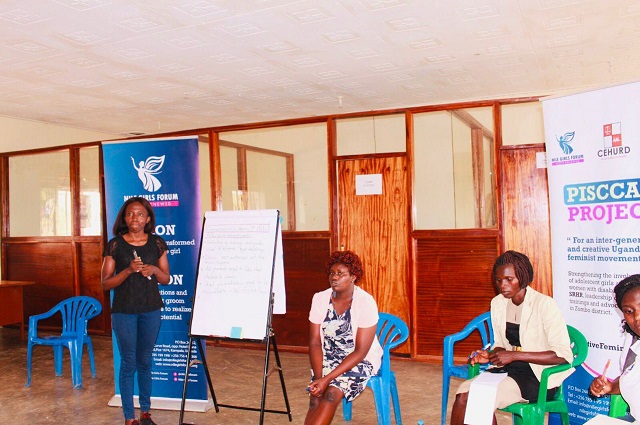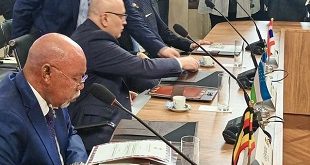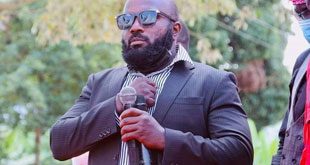
Kampala, Uganda | THE INDEPENDENT | Access to Sexual Reproductive Health and Rights is a necessity for every young person regardless of their abilities, however, there are challenges to ensuring that this works out in Uganda. For instance, the Uganda demographic health survey(2016) indicates a 28% unmet family planning need and a prevalence of over 25% teenage pregnancies among sexually active young people by the age of 16 years.
The pregnancies are followed up with other challenges like complications like unsafe abortions, and mental health maternal death among others. These are some of the many other SRHR challenges that happen due to underlying factors, limited access to information and services, and poverty levels among others. Sexual Reproductive Health Rights are human rights therefore the government has the mandate to ensure that they are accessible to all people in the country.
Despite the universal right to access the same range, quality and standard of free or affordable SRHR information and services and programs as provided to other persons, people with physical disabilities continue to experience challenges in accessing these services.
These differ from those faced by the able-bodied, ranging from negative attitudes toward service providers, long queues at health facilities, distant health facilities, and high costs of services involved to unfriendly physical structures.
Based on this background, the Nile Girls Forum with support from the Embassy of France in Uganda under the FSPI/PISCCA Fund through the Center for Health and Human Rights Development organised an intergenerational dialogue. The dialogue was aimed at amplifying the voices of adolescent girls and young women aged 10 to 24 living with disability in the Warr and Atyak sub-counties, Zombo district. It, therefore, focused on ensuring that these young women influence policy development through the making of by-laws at the district level and national spaces to enable them to demand and utilise SRHR information and services. It was attended by leaders from the district, cultural and religious institutions and young women living with disabilities. Topics discussed included the existing national, by-laws and cultural laws on SRHR, Gender Based Violence among persons with disability, meaningful youth Participation and the state of sexual and reproductive health in Zombo.
Kevin a community development officer in Warr town council expressed his gratitude to the organisers of this dialogue as he highlighted that disability inclusion of young women in decision-making spaces and access to Sexual Reproductive Health and Rights in Zombo District has for a very long time been left out. “This has provided a groundbreaking for more discussions and we can’t wait to implement outcomes from these discussions,” he added.
Disability inclusion in intergenerational dialogues allows people with disabilities to take advantage of the benefits of the same health promotion and prevention activities experienced by people who do not have a disability. Gilda one of the beneficiaries also said that the dialogue is a good opportunity for young women like her who are often not included in designing programs that benefit those with disabilities too. It should be noted that Uganda has a national adolescent health policy that aims to streamline young people’s health concerns into the national development process to improve youths’ quality of life and standard of living. However, bottlenecks like limited or no Meaningful youth participation have negatively impacted young people’s sexual health. Engagements like the dialogue will enable the community to become more aware and intentional about including persons with disability and more civil society organisations will integrate disability inclusion into their programming.
 The Independent Uganda: You get the Truth we Pay the Price
The Independent Uganda: You get the Truth we Pay the Price



